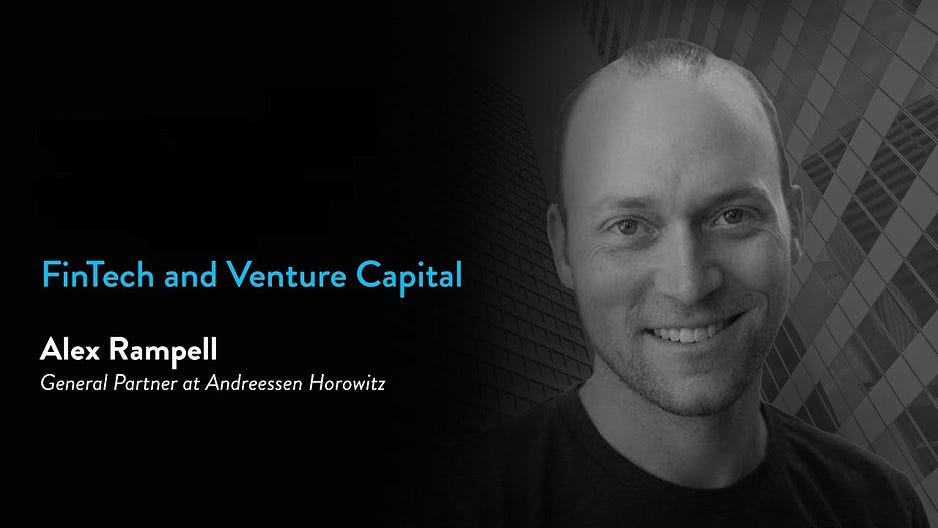Fireside chat with Alex Rampell, GP at a16z & co-founder of Affirm
Key Insights from a Fireside Chat with Alex Rampell: Building in Fintech and Beyond
Last week, I had the opportunity to attend a fireside chat with Alex Rampell, General Partner at Andreessen Horowitz and co-founder of Affirm. The conversation offered fascinating insights into building successful fintech companies and…
Keep reading with a 7-day free trial
Subscribe to The 180 to keep reading this post and get 7 days of free access to the full post archives.


